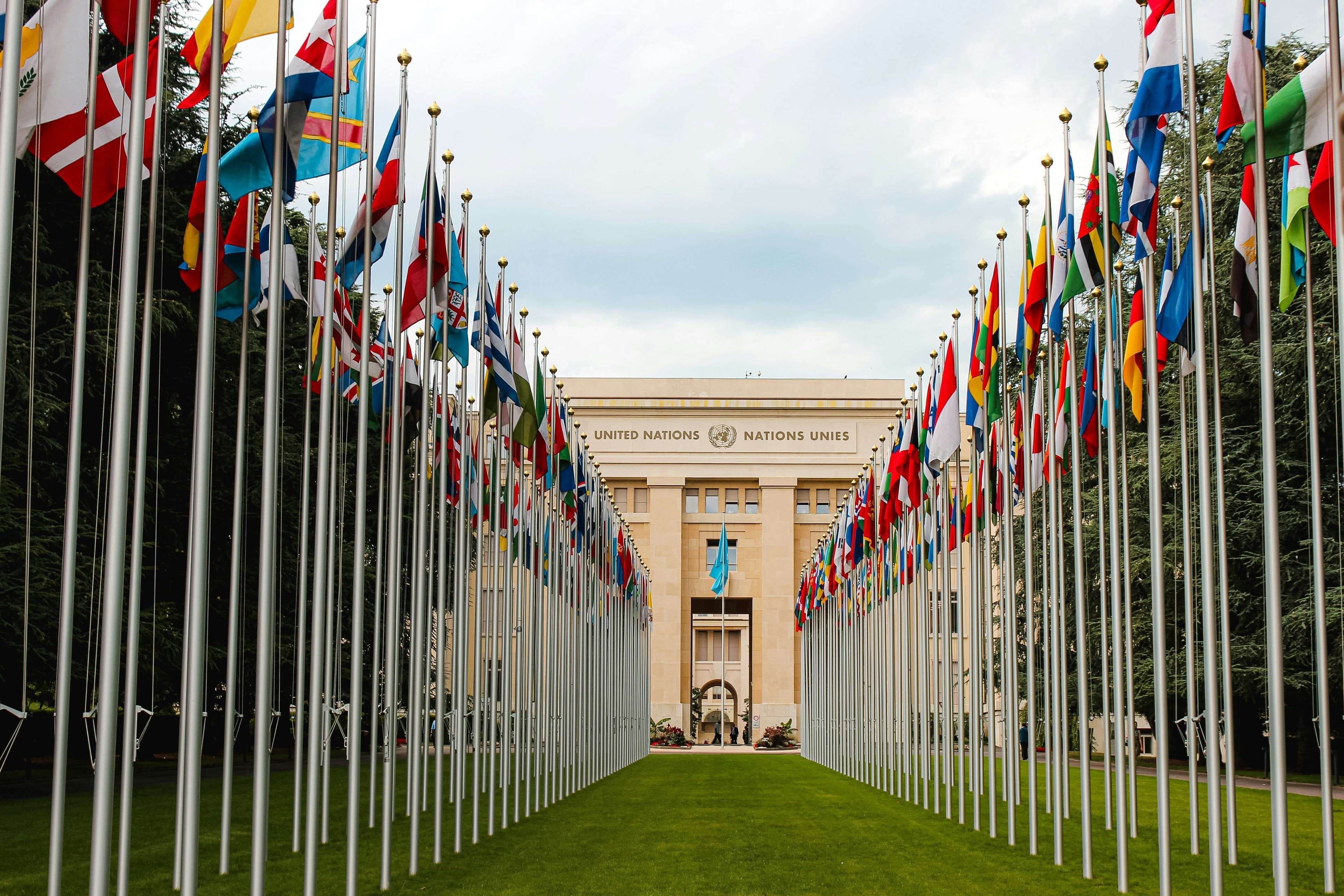 The three-year Russia-Ukraine war has heavily impacted global economics, driving energy prices and inflation. (Image Source: Shutterstock)
The three-year Russia-Ukraine war has heavily impacted global economics, driving energy prices and inflation. (Image Source: Shutterstock)The war between Russia and Ukraine, which has persisted for nearly three years, has played a significant role in shaping global economic conditions, influencing everything from energy prices to inflation rates. However, recent reports suggest that diplomatic negotiations are making headway, with U.S. and Russian officials engaging in serious discussions about a potential ceasefire. If successful, this could mark a turning point in the conflict and global economic recovery.
Markets worldwide have reacted swiftly to the news. European stocks have surged to all-time highs, driven by renewed investor confidence in economic stability and the possibility of sanctions on Russia being lifted. A de-escalation of the war could also mean improved trade relations and more stable supply chains, particularly for energy commodities.
In the U.S., stock markets saw strong gains as investors priced in the potential for reduced geopolitical risks. The tech-heavy Nasdaq Composite and the S&P 500 both posted significant increases, with sectors that have been sensitive to the war—such as defense, energy, and transportation—showing substantial movement.
Energy markets, which have been highly volatile since the war began, have also been affected. Natural gas prices have declined sharply in response to the ceasefire discussions, alleviating inflationary pressures and providing relief to consumers, particularly in Europe. The Australian dollar, often seen as a proxy for global risk sentiment, climbed 0.8% alongside gains in Asian stock markets.
Bitcoin, often viewed as a barometer of risk sentiment, has experienced a significant price jump, surpassing $83,000 for the first time in weeks. The rally has been fueled not only by easing geopolitical tensions but also by growing optimism surrounding the regulatory landscape for cryptocurrencies.
One key factor driving Bitcoin’s rise is the expectation of a more crypto-friendly regulatory environment under U.S. President Donald Trump’s administration. The nomination of Paul Atkins, a known advocate for digital assets, to lead the Securities and Exchange Commission (SEC) has bolstered confidence among crypto investors. Market participants see this as a potential turning point in U.S. policy toward digital currencies, signaling reduced regulatory uncertainty.
Additionally, Bitcoin’s surge has been amplified by:
Other cryptocurrencies have also seen a surge in value, with Ethereum, Solana, and other major altcoins posting double-digit percentage gains. This highlights the renewed confidence in the crypto market, especially as regulatory fears ease.
 A ceasefire between Russia and Ukraine would have significant economic implications. (Image Source: Shutterstock)
A ceasefire between Russia and Ukraine would have significant economic implications. (Image Source: Shutterstock)Beyond the immediate market reaction, a ceasefire between Russia and Ukraine would have far-reaching economic consequences. Some of the most critical impacts include:
While the current rally in global markets and Bitcoin signals strong optimism, experts caution that a final peace deal is far from guaranteed. Several factors could still derail the negotiations, including:
The recent ceasefire discussions between Russia and Ukraine have injected a wave of optimism into global markets, underscoring the powerful relationship between geopolitics and financial trends. Traditional markets are rallying, and Bitcoin’s resurgence past $83,000 highlights the increasing role of digital assets in the global financial ecosystem.
While investors celebrate the potential for peace, they must also remain vigilant about ongoing negotiations and geopolitical risks. The next few weeks will be crucial in determining whether this optimism translates into long-term economic stability or whether market volatility returns amid further diplomatic challenges.
For now, however, markets are basking in the relief that peace—however tentative—may finally be on the horizon.

Circle Foundation backs UN aid modernization

Mantle expands DeFi access through Infinex

Swift tests Euro stablecoin bond settlement

Mal secures $230M seed funding